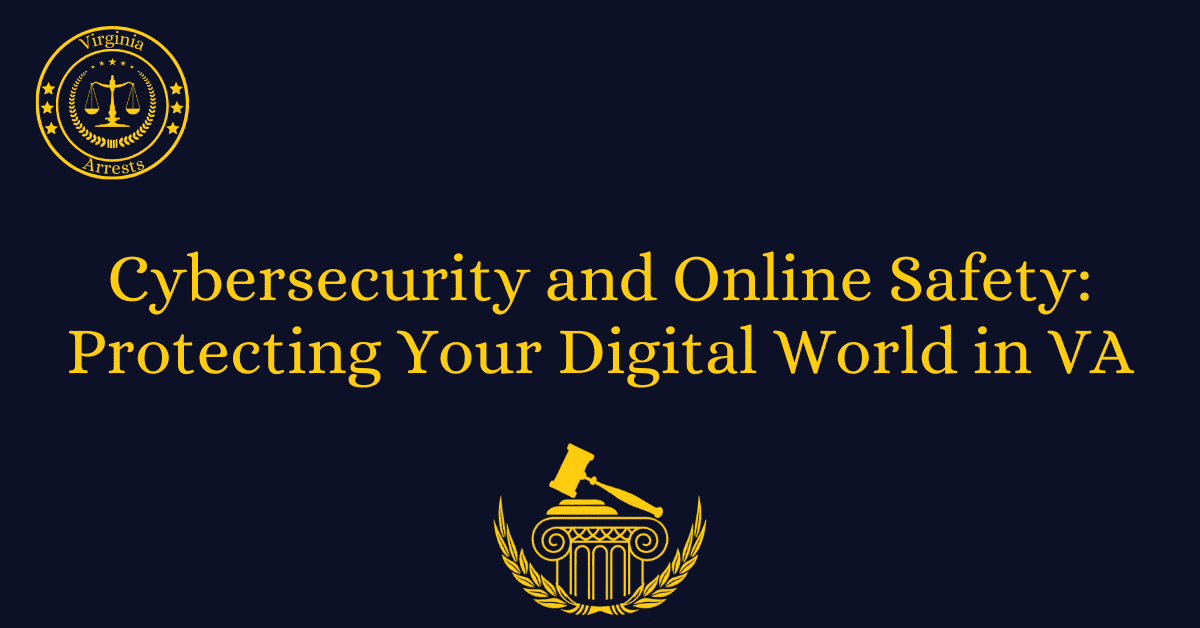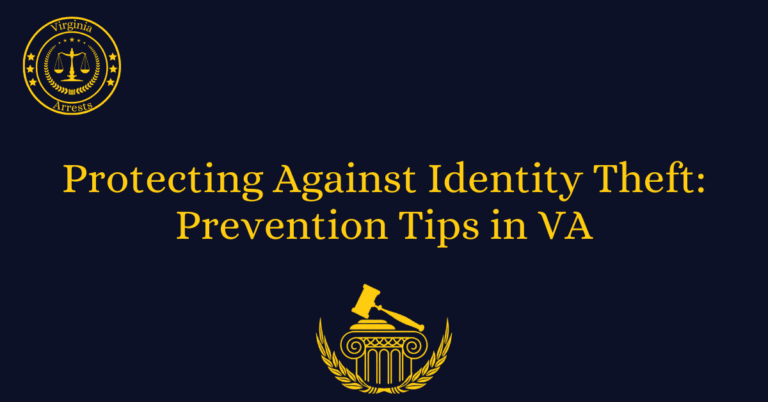Cybersecurity and Online Safety: Protecting Your Digital World in VA
In today’s interconnected world, where almost every aspect of our lives is conducted online, ensuring cybersecurity and practicing online safety measures has become paramount. Virginia, with its significant technological infrastructure and large population of internet users, presents both opportunities and challenges in this digital landscape. This article aims to provide comprehensive insights into cybersecurity threats and best practices for individuals, businesses, and organizations in Virginia to safeguard their digital assets and personal information.
Understanding Cybersecurity Threats
- Malware and Ransomware: Malicious software, including viruses, worms, and ransomware, pose significant threats to both personal and organizational data security. These programs can infiltrate systems, steal sensitive information, and disrupt operations, often demanding hefty ransom payments for data recovery.
- Phishing Attacks: Phishing scams involve fraudulent emails, messages, or websites designed to deceive users into providing personal information, such as login credentials or financial details. These attacks are prevalent and can lead to identity theft, financial loss, and unauthorized access to accounts.
- Data Breaches: Data breaches occur when cybercriminals gain unauthorized access to sensitive information stored by organizations, resulting in the exposure of personal data, including names, addresses, and payment card details. These breaches can have severe consequences for individuals and businesses, including reputational damage and legal repercussions.
- Social Engineering: Cyber attackers often exploit human psychology through social engineering tactics to manipulate individuals into divulging confidential information or performing actions that compromise security. These tactics can range from impersonating trusted entities to coercing employees into bypassing security protocols.
Best Practices for Cybersecurity and Online Safety
- Implement Strong Passwords: Utilize complex, unique passwords for each online account and consider using password management tools to securely store and manage credentials. Enable multi-factor authentication whenever possible to add an extra layer of security.
- Keep Software Updated: Regularly update operating systems, applications, and antivirus software to patch vulnerabilities and protect against emerging threats. Automatic updates can streamline this process and ensure timely security fixes.
- Exercise Caution Online: Be wary of unsolicited emails, messages, or requests for personal information, especially from unknown sources. Verify the authenticity of websites before entering sensitive data and avoid clicking on suspicious links or downloading attachments from unfamiliar sources.
- Back-Up Data Regularly: Maintain regular backups of important files and data to mitigate the impact of potential ransomware attacks or data breaches. Store backups securely offline or in reputable cloud storage services to ensure data integrity and accessibility.
- Educate and Train Users: Promote cybersecurity awareness and provide training to employees, family members, and community members on recognizing and responding to cybersecurity threats effectively. Encourage vigilant behavior and emphasize the importance of reporting suspicious activities promptly.
- Secure Networks and Devices: Utilize firewalls, encryption, and virtual private networks (VPNs) to secure network connections and protect data transmission. Secure routers with strong passwords and disable unnecessary network services to minimize the risk of unauthorized access.
- Develop Incident Response Plans: Establish comprehensive incident response plans to effectively mitigate and manage cybersecurity incidents. Define roles and responsibilities, conduct regular drills and simulations, and establish communication protocols to facilitate a coordinated response in the event of a security breach.
FAQs
What is cybersecurity, and why is it important in Virginia?
Cybersecurity refers to the practice of protecting computer systems, networks, and digital information from unauthorized access, attacks, and damage. It is crucial in Virginia, as individuals and organizations store sensitive data online, making them potential targets for cyber threats.
What are common cybersecurity threats faced by Virginians?
Virginians, like individuals elsewhere, may face threats such as phishing, malware, ransomware, identity theft, and data breaches. These threats can compromise personal information, financial records, and even the security of critical infrastructure.
How can I secure my personal devices and information?
Keep your devices updated with the latest security patches, use strong and unique passwords, enable two-factor authentication, and install reputable antivirus software. Additionally, be cautious of suspicious emails, links, and attachments.
Are there specific cybersecurity laws and regulations in Virginia?
Yes, Virginia has enacted cybersecurity laws to protect its residents. These laws address issues such as data breaches, online privacy, and the protection of critical infrastructure. Familiarize yourself with these regulations to ensure compliance and protection.
What is the importance of cybersecurity and online safety in today’s digital age?
In today’s digital age, the importance of cybersecurity and online safety cannot be overstated. With the rapid advancement of technology, our lives have become increasingly intertwined with the digital world. From personal information to financial transactions, our digital footprint is vast and vulnerable. That’s why it is crucial to take proactive measures to protect our digital identities and ensure a secure online experience.
Conclusion
Cybersecurity and online safety are critical considerations for individuals, businesses, and organizations operating in Virginia’s digital landscape. By understanding the prevalent cybersecurity threats and adopting proactive measures to mitigate risks, Virginians can safeguard their digital world against malicious actors and protect their sensitive information. By fostering a culture of cybersecurity awareness and adherence to best practices, Virginia can continue to thrive in the digital age while ensuring the safety and security of its residents and businesses.







